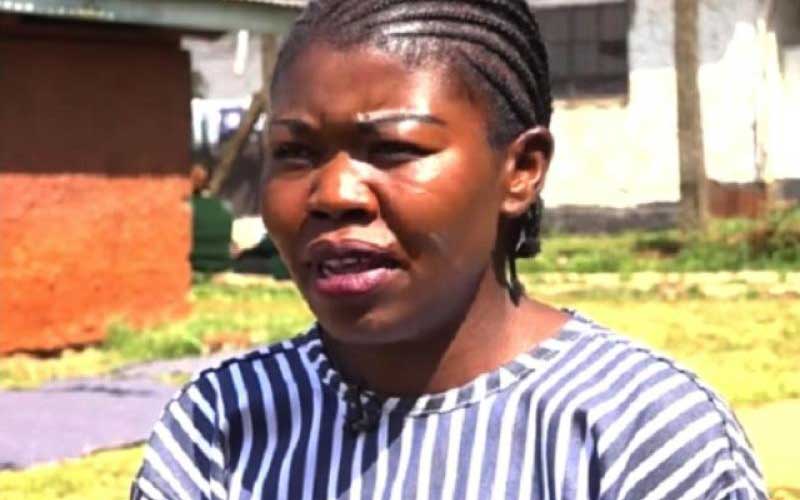×
The Standard e-Paper
Smart Minds Choose Us

Prison authorities yesterday said a woman allegedly wrongly convicted for a sex offence had declined media interviews, citing an assurance by the Director of Public Prosecutions (DPP) to have her case reviewed.
The plight of Lydia Achieng, who is incarcerated at Lang'ata Women's Prison, was brought to light in an interview with Inooro TV, prompting the intervention of the DPP.